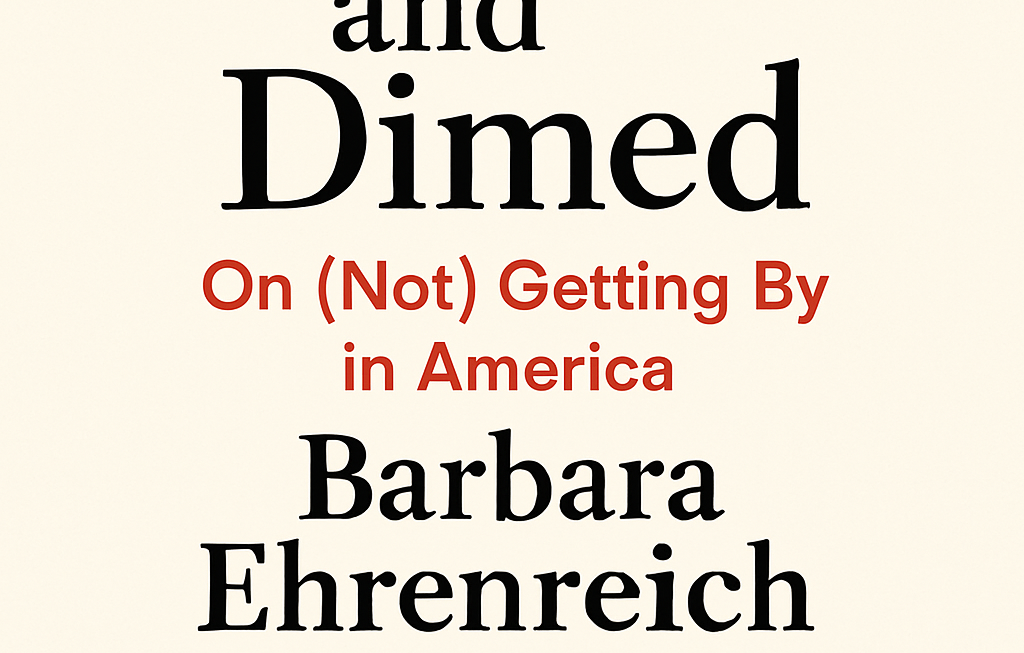The Unconventional Economist: A Conversation with Steven D. Levitt
In 2005, the world of economics, and indeed the wider public sphere, was irrevocably altered by the arrival of Freakonomics: A Rogue Economist Explores the Hidden Side of Everything. Co-authored by Steven D. Levitt, a University of Chicago professor renowned for his unorthodox approach, and journalist Stephen J. Dubner, the book wasn’t merely a textbook; it was a cultural phenomenon. Levitt, a master of using data analysis to uncover surprising connections between seemingly disparate phenomena – from the impact of legalized abortion on crime rates to the hidden incentives driving sumo wrestlers – had a knack for making complex economic principles accessible and engaging. His unique perspective, focusing on the power of incentives and the often-overlooked unintended consequences of actions, resonated with readers worldwide. Freakonomics, with its compelling narratives and unexpected conclusions, wasn’t just a bestseller; it became a conversation starter, sparking debates across disciplines and challenging the very way we understand human behavior. The book’s success launched a series of sequels, a popular podcast, and cemented Levitt’s status as a leading voice in popular economics, a field he himself helped define. However, his unconventional approach has not been without its critics; some have accused him of oversimplification and a disregard for nuanced contextual factors. Yet, despite the controversies, Levitt’s enduring legacy lies in his ability to make us question our assumptions and see the world through a new, data-driven lens. This interview delves into the mind of this unique thinker, exploring his process, his influences, and the enduring impact of his work.
An Exclusive Interview with Steven D. Levitt
- Question: Your work is often characterized as “unconventional.” Can you pinpoint the moment you realized your approach differed significantly from mainstream economic thought?
Answer: It wasn’t a single “aha!” moment, but rather a gradual realization. Early in my career, I found myself drawn to questions that mainstream economists largely ignored – questions that didn’t fit neatly into established models. The thrill of uncovering patterns in seemingly random data, and the subsequent ability to illuminate real-world issues through that lens, solidified my commitment to this unconventional path. The critical reaction to Freakonomics, both positive and negative, further reinforced the sense that I was charting a somewhat unique course.
- Question: Critics often accuse you of oversimplifying complex social issues. How do you respond to concerns about the potential for misinterpretation or the omission of crucial contextual factors in your analyses?
Answer: It’s a valid concern. Simplification is inherently part of making complex ideas accessible. The goal isn’t to provide exhaustive academic treatises but rather to offer engaging starting points for deeper inquiry. While I strive for accuracy, there’s always a risk of oversimplification. The ideal is to present the core arguments clearly, while acknowledging the limitations of the analysis and encouraging further investigation by those who want to dive deeper.
- Question: The success of Freakonomics lies in its narrative style. How did you and Stephen Dubner collaborate to translate complex economic data into compelling stories?
Answer: Stephen’s journalistic prowess was crucial. He possessed a remarkable ability to translate my often-dense research into clear, engaging narratives. Our collaboration was a constant back-and-forth, refining the story arc, ensuring accuracy without sacrificing readability. The challenge was always to find the right balance between rigorous analysis and captivating storytelling. It was a truly symbiotic partnership.
- Question: Your work often focuses on incentives. Can you discuss how understanding incentives can help solve seemingly intractable social problems?
Answer: Incentives are fundamental drivers of human behavior, both positive and negative. By understanding what motivates individuals—be it financial gain, social status, or something else entirely—we can design interventions that better align individual actions with desired outcomes. This is applicable across a range of issues, from crime reduction to improving educational outcomes; finding the right incentives can often yield unexpected and positive results.
- Question: Data analysis is central to your work. What are some of the biggest challenges you’ve faced in collecting, interpreting, and applying data to social issues?
Answer: Data itself can be messy, incomplete, or biased. The challenge lies in critically assessing the quality and limitations of available data, acknowledging potential biases, and using appropriate statistical methods to draw meaningful conclusions. Sometimes, finding the right data for a given question proves more difficult than analyzing it. And of course, interpreting data objectively without letting preconceived notions influence the findings requires constant vigilance.
- Question: Your work has influenced fields beyond economics. Which interdisciplinary applications of your work have been most surprising or gratifying?
Answer: The fact that Freakonomics has resonated with readers across a broad spectrum of disciplines has been incredibly gratifying. Seeing the principles of incentives and unintended consequences applied to fields like education, criminology, and even parenting has been particularly rewarding. It confirms the notion that effective economic thinking transcends strict academic boundaries.
- Question: Has the public’s reception to your work influenced your approach to research or writing?
Answer: Absolutely. The positive response has been encouraging, fueling my desire to continue exploring unconventional topics and communicating findings in an accessible way. However, the critical responses, while sometimes challenging, have also been valuable, reminding me of the need for continuous self-reflection and rigorous analysis to ensure accuracy and avoid generalizations.
- Question: What advice would you offer to aspiring economists, particularly those interested in applying economic principles to solve real-world problems?
Answer: Curiosity is key. Don’t be afraid to ask unconventional questions, even if they don’t fit neatly into established paradigms. Develop strong analytical skills, learn to work with data effectively, and always remain critical of your own conclusions. Most importantly, strive to communicate your findings clearly and concisely, making them accessible to a wider audience.
- Question: Looking back at your career, what is your greatest accomplishment, and what remains unachieved or a continuing challenge?
Answer: The impact of Freakonomics and its successors on public discourse is a significant accomplishment. However, the ongoing challenge is to refine the methodology and ensure that these ideas are translated into effective policy. To actually make a real-world difference through evidence-based approaches is the ultimate aspiration.
- Question: What are you working on currently, and what can readers expect to see from you in the future?
Answer: My current focus is on applying these principles to understand the dynamics of innovation and technology’s effects on economic growth and societal structures. I’m exploring new data sets and collaborating with colleagues in various fields to understand the complex interplay between technology, economics, and social change. Expect more data-driven explorations of pressing social issues, always seeking surprising connections and challenging conventional wisdom.



